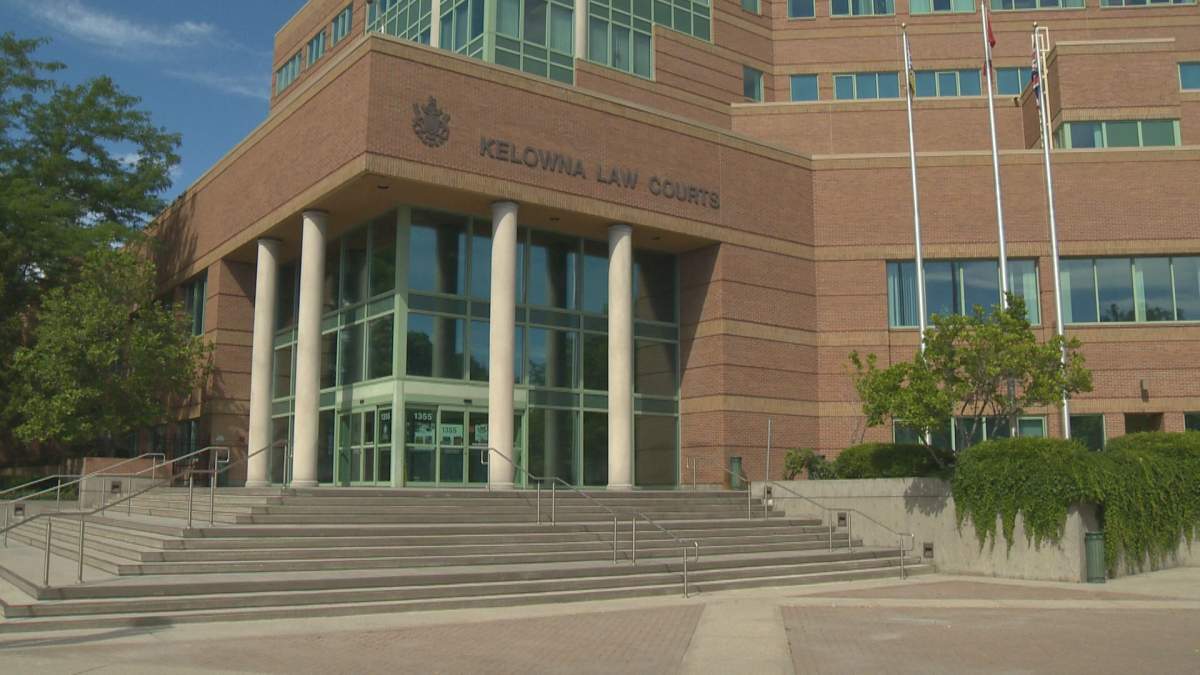A Kelowna man has dodged the penalty for using an electronic device while driving due, in part, to the pandemic wreaking havoc on the court system.

Jean Michel St. Martin received the Motor Vehicle Act ticket after an incident on March 8, 2021. He filed a notice of dispute a month later and then, while he was awaiting his court date of Jan. 4, 2022, the courts suspended all traffic disputes from Jan. 4-28, 2022. Prior to this brief closure, the courts had been closed for just over seven months.
In August 2022, he was told that his hearing was going to be in October of that year and then, again, it was postponed, this time at his behest due to a defence witness not being available. At that time the hearing was scheduled for January 2023.
In November 2022, St. Martin applied to have the charge stayed based on the many delays he’d faced and last week the court ruled in his favour.

The Supreme Court of Canada has set out a precedent in a case called R v. Jordan that states if a delay is greater than 18 months for proceedings in a provincial court, then the amount of delay is presumptively unreasonable.

Get breaking National news
“This presumption is, however, rebuttable if the Crown is able to show that there were exceptional circumstances. If the result is below the 18-month ceiling, then the delay is not presumptively unreasonable,” reads the decision by provincial court judge Andrew Tam.
“In that case, it remains open to the defence to establish that it is nevertheless unreasonable by demonstrating that it took meaningful, sustained steps to expedite the proceedings.”
The “Jordan clock” started ticking when St. Martin first received the ticket, and from start to finish, the time he had to wait for his hearing was 19.5 months.
The Crown didn’t disagree with the calculation but said there was a “discrete and exceptional event, namely the COVID-19 pandemic.” The resurgence of infection in the latter months of 2021 was the cause for the cancellation of some court cases, and the 24-day court cancellation in January 2022. Then there was the court backlog.
Crown counsel said that the two combined should have amounted to three months but the judge said that was an overestimation and it was more likely that 40 days was attributable to the pandemic.
“There was otherwise no waiver of delay or any defence conduct that caused the delay. The remaining delay is just over 18 months, which is still above the presumptive ceiling. There is no further justification for this passage of time. The delay, therefore, is unreasonable in this case and Mr. St. Martin’s right to be tried within a reasonable time has been infringed. The proper remedy is that of a judicial stay and I so order,” Tam said.





Comments